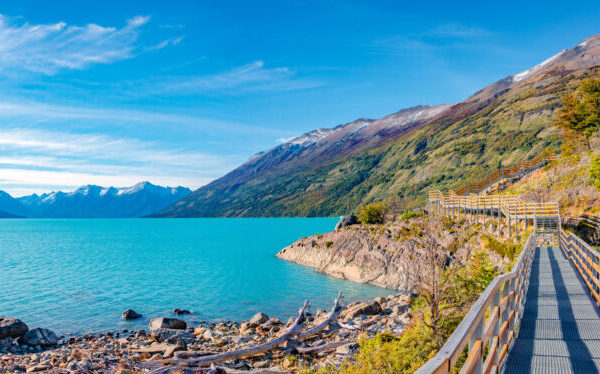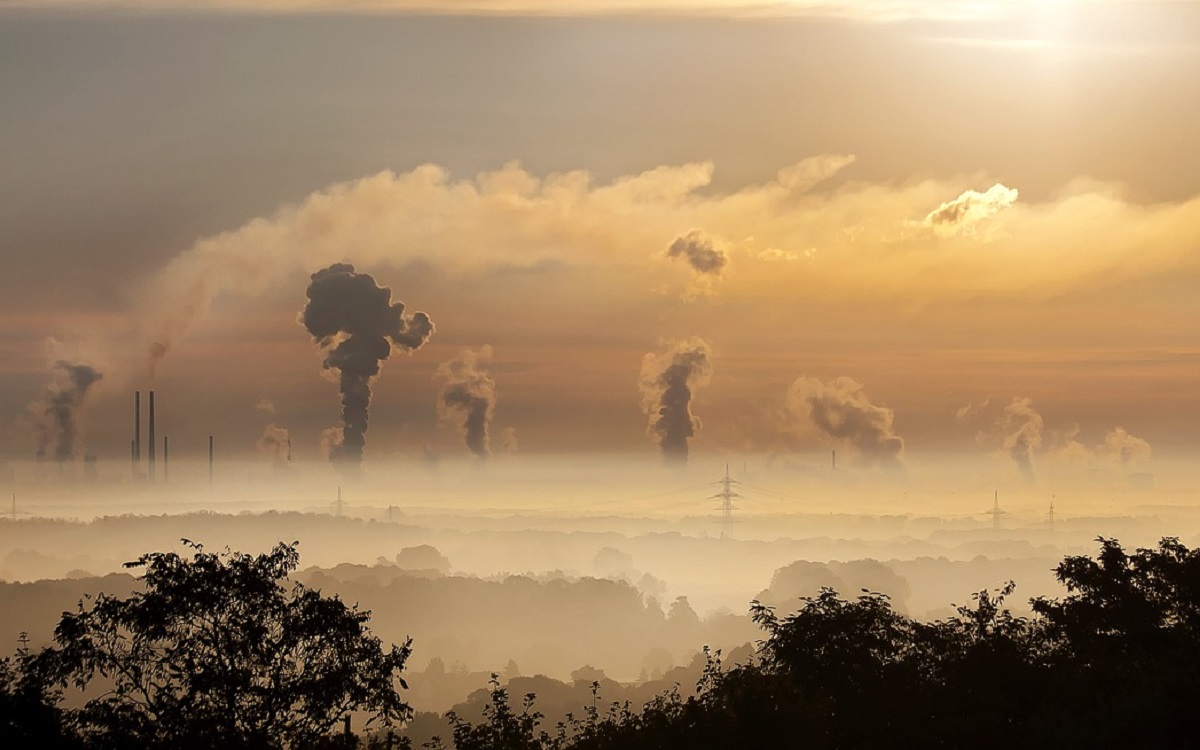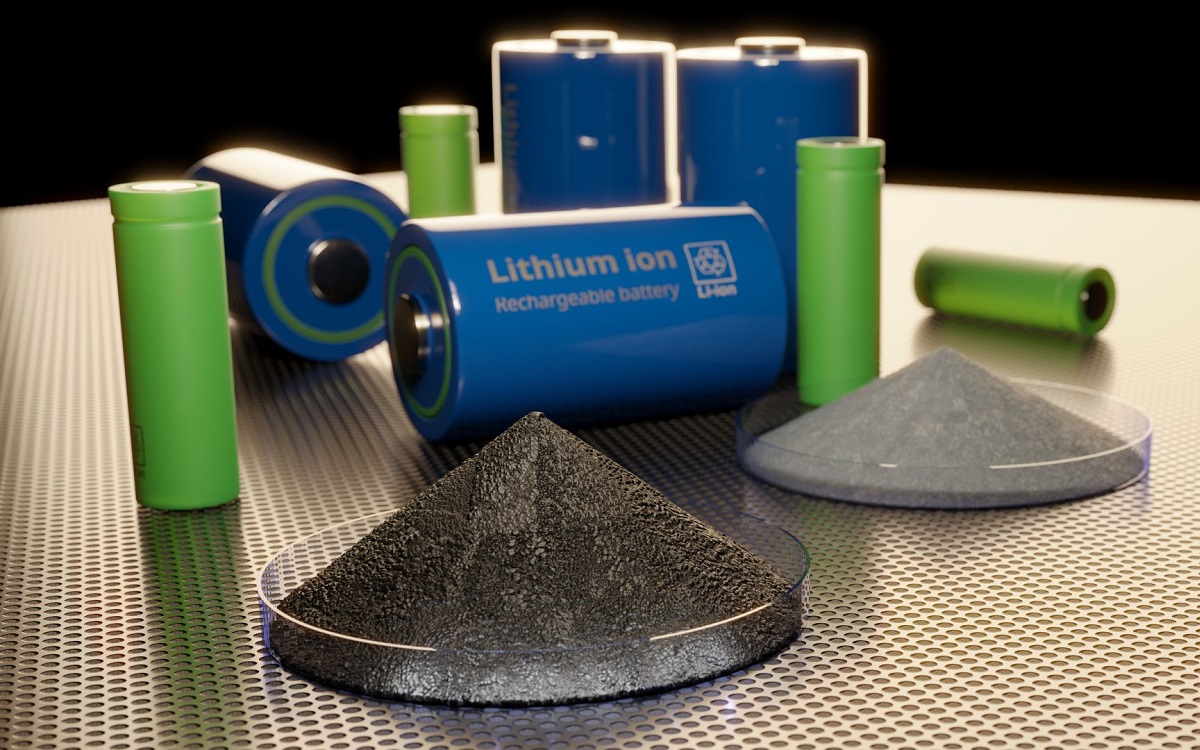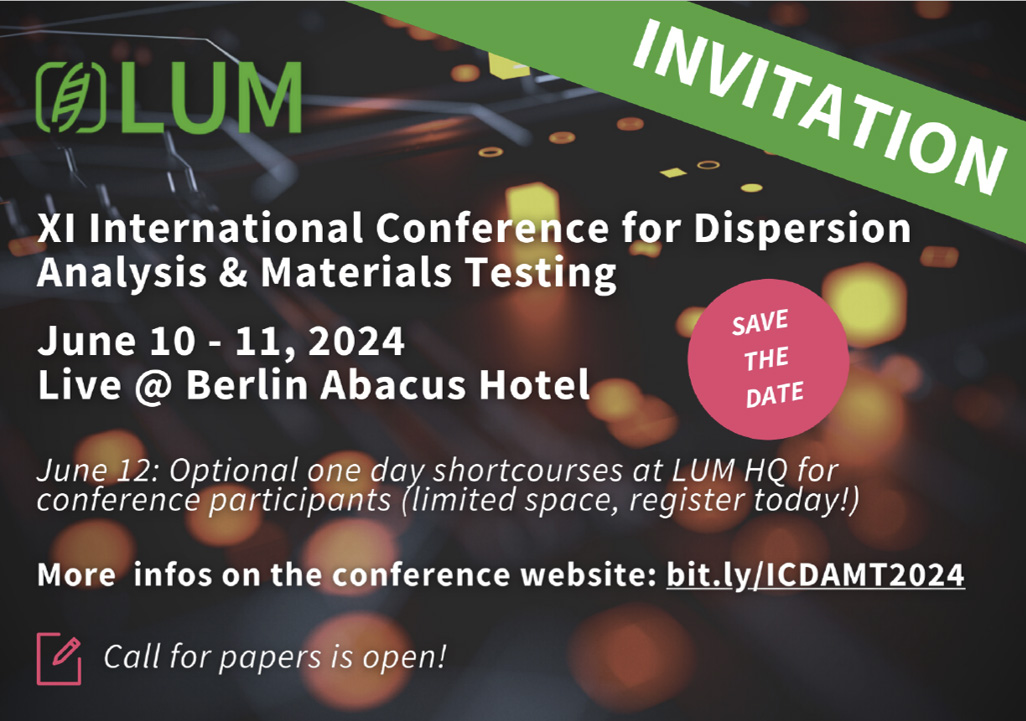12.01.2023 Ι Water treatment experts from the Netherlands and Argentina are uniting to help find a sustainable solution to remove arsenic from groundwater. As part of the two-and-a-half-year LEAF (Low Energy Arsenic Free) project, two pilot projects took place over three months at the city’s primary water utility Agua y Saneamientos Argentinos S.A. (AySA). The research is an initiative between AySA, and partners Royal HaskoningDHV, TRAIDE, and KWR Water Research Institute (KWR) with the support of the Embassy of the Netherlands in Buenos Aires.
Challenging the WHO arsenic limits
World Health Organization guidelines for arsenic stand at 50 micrograms per litre. Countries like the Netherlands have gone further, mandating 10 micrograms per litre. The pilot projects in Argentina showed positive results, reducing arsenic levels in the treated groundwater to 10 micrograms per litre and lower. Furthermore, the process demonstrated significant energy and chemical savings
Ron Jong, a senior water treatment specialist and researcher from KWR, said:
“Many existing technologies, such as reverse osmosis membranes or absorption processes, use a lot of energy or chemicals and can be expensive. The new solution developed by KWR and the Dutch drinking water companies requires minimal energy. We apply this process in the Netherlands, where it works thanks to the natural presence of iron in the water. As the water is iron-free in Argentina, we have to add the iron.”
By correctly dosing, the arsenic connects to the iron in the water as iron flocs, which can then be removed using sand filtration or ultrafiltration. Jong believes the partnership will eventually help to disseminate knowledge and solutions to other parts of the world, with Argentina acting as a gateway into Latin America.
Modifying existing processes
Cost calculations to date have shown that if AySA replaces its existing process with the co-precipitation rapid sand filtration set-up, the utility will recuperate the costs in less than four years.
“After proving that arsenic can be removed at the location, we’re looking at adapting the process circumstances to apply it at the bigger water treatment plants, at a larger scale”, Jong says.
He adds that the challenge of processing the by-product remains with scaling the process in Argentina and that further research is required to evaluate the potential and reuse options of this stream in Argentina.
More Information




